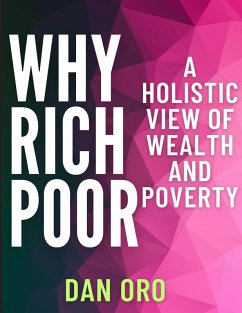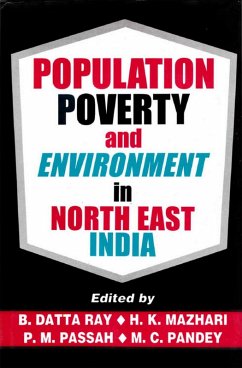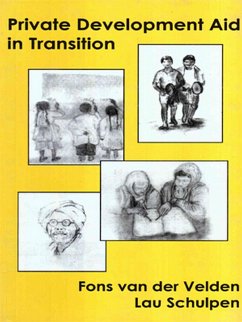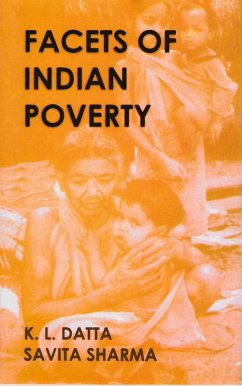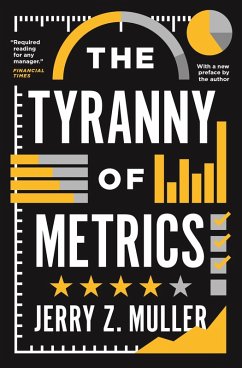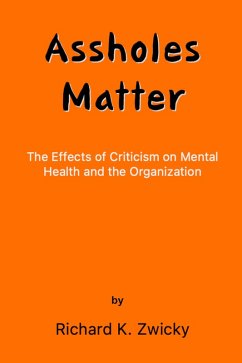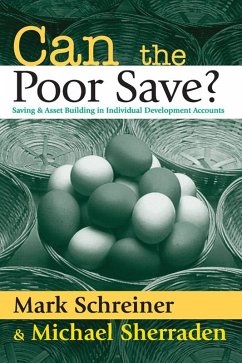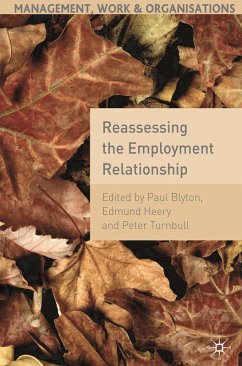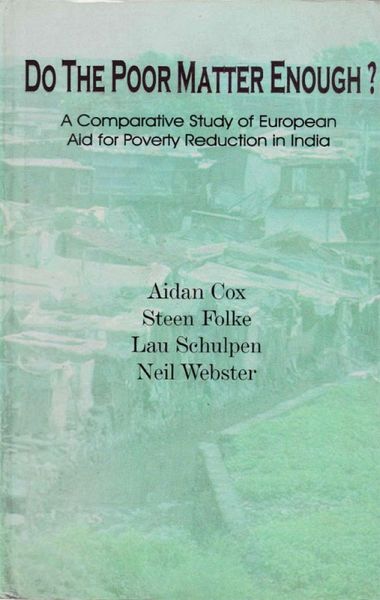
Do The Poor Matter Enough? (A Comparative Study of European Aid for Poverty Reduction in India) (eBook, ePUB)

PAYBACK Punkte
19 °P sammeln!
This book, based on the study of 33 projects in India aided by six European donors The European Commission, Denmark, Germany, Netherlands, Sweden and United Kingdom-seeks to examine the aid programmes from the perspective of poverty reduction. It conceptualises poverty alleviation as a multi-dimensional phenomenon which involves changes in livelihoods, resources, knowledge and rights, as also it analyses the manner and means through which the donors'' aid programmes are organised and implemented. The study also assesses the donor strategies, the donor-recipient dialogue, the recipient''s perce...
This book, based on the study of 33 projects in India aided by six European donors The European Commission, Denmark, Germany, Netherlands, Sweden and United Kingdom-seeks to examine the aid programmes from the perspective of poverty reduction. It conceptualises poverty alleviation as a multi-dimensional phenomenon which involves changes in livelihoods, resources, knowledge and rights, as also it analyses the manner and means through which the donors'' aid programmes are organised and implemented. The study also assesses the donor strategies, the donor-recipient dialogue, the recipient''s perception of aid as well as the effectiveness in terms of poverty reduction of the programmes and a number of selected interventions in nine different sectors, namely watershed, irrigation, forestry, drinking water, primary health, primary education, women''s training, urban housing and self-help projects. This book is useful for those engaged in the formulation and implementation of poverty alleviation programmes, academics working in the field of aid and development, NGOs as well as other development activists. It also serves as a useful supplementary text for courses in higher education and specialised training programmes with focus on aid policy, project and programme design, poverty reduction, government aid-donor relations and so on.
Dieser Download kann aus rechtlichen Gründen nur mit Rechnungsadresse in A, B, BG, CY, CZ, D, DK, EW, E, FIN, F, GR, HR, H, IRL, I, LT, L, LR, M, NL, PL, P, R, S, SLO, SK ausgeliefert werden.




